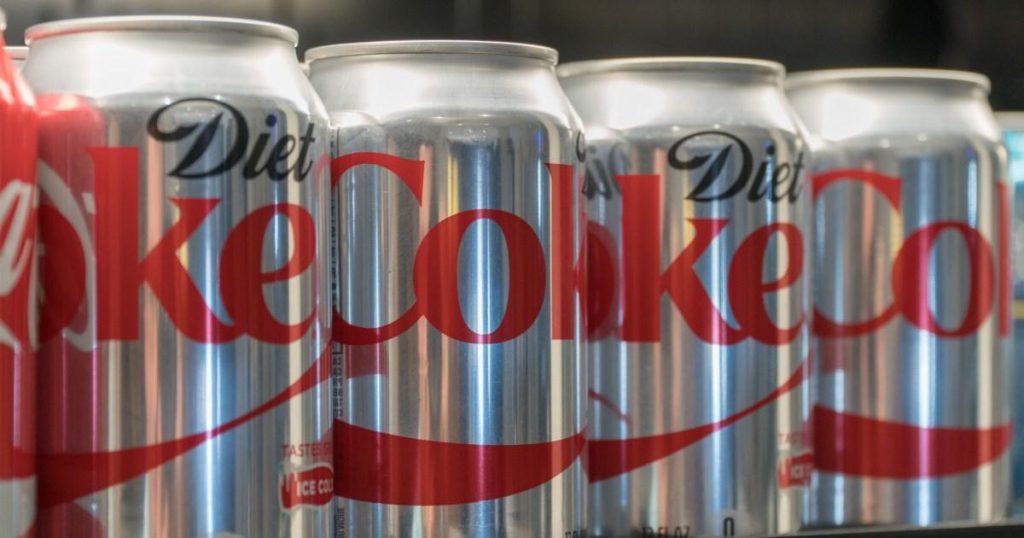The modern diet, replete with convenience and processed foods, has come under increasing scrutiny for its potential detrimental effects on health and longevity. A recent study conducted by the University of Michigan has quantified these effects, assigning specific time penalties to the consumption of certain ultra-processed foods (UPFs). These foods, characterized by artificial ingredients like colors, flavors, preservatives, and emulsifiers, are often staples in fast-paced lifestyles, but their cumulative impact on health may be significant. The study highlights the need for dietary awareness and the potential benefits of even small dietary shifts towards healthier alternatives.
The study’s findings reveal a sobering reality: indulging in a hot dog could potentially subtract 36 minutes from one’s lifespan. Coupling this with a can of cola, a common pairing, adds another 12 minutes to the negative tally. Other popular items like breakfast sandwiches and eggs each contribute a 13-minute reduction, while cheeseburgers chip away 9 minutes and bacon 6 minutes. These seemingly small increments, when considered over a lifetime of regular consumption, can accumulate into a substantial loss of potential lifespan. The study’s focus on UPFs underscores the importance of understanding the hidden costs of convenient food choices.
The underlying concern with UPFs lies in their composition. Unlike whole, unprocessed foods, UPFs are often dense in unhealthy fats, added sugars, and sodium, while lacking essential nutrients like fiber, vitamins, and minerals. This nutritional imbalance contributes to a range of health problems, including cardiovascular disease, type 2 diabetes, and various forms of cancer. The Michigan study’s quantification of lifespan reduction provides a concrete illustration of the long-term consequences of consuming these foods regularly. It emphasizes the need to shift towards a diet rich in nutrient-dense whole foods to mitigate these risks.
However, the study also offers a ray of hope, demonstrating that dietary choices can positively impact lifespan. Consuming certain types of fish, for example, could add as much as 28 minutes to one’s life. This finding highlights the importance of incorporating nutrient-rich foods into one’s diet. Fish, particularly fatty fish like salmon and tuna, are excellent sources of omega-3 fatty acids, which have been linked to numerous health benefits, including improved heart health, reduced inflammation, and better cognitive function. This reinforces the message that dietary choices have a direct and measurable impact on health and longevity.
The study’s conclusions are further corroborated by previous research. A study published in the British Medical Journal (BMJ) found strong correlations between high UPF consumption and an increased risk of various health issues. The BMJ study reported a 50% increased risk of cardiovascular disease-related death, a 48-53% higher risk of mental health problems like anxiety and depression, and a 12% greater risk of type 2 diabetes among individuals with high UPF intake. These findings, coupled with the Michigan study’s lifespan calculations, paint a compelling picture of the wide-ranging and serious health consequences associated with a diet heavily reliant on UPFs.
The takeaway message from these studies is clear: while occasional indulgence in UPFs is unlikely to cause immediate harm, consistently prioritizing these foods over healthier alternatives can have significant long-term consequences for health and longevity. Making conscious efforts to incorporate more whole, unprocessed foods, like fruits, vegetables, lean proteins, and whole grains, into one’s diet can have a profound positive impact. Small changes, such as swapping a soda for water, choosing baked chicken over processed meats, and opting for fruit as a snack instead of packaged cookies, can cumulatively improve health outcomes and potentially add valuable time to one’s life. The focus should be on creating a sustainable, balanced diet that promotes overall well-being rather than resorting to drastic dietary overhauls.











